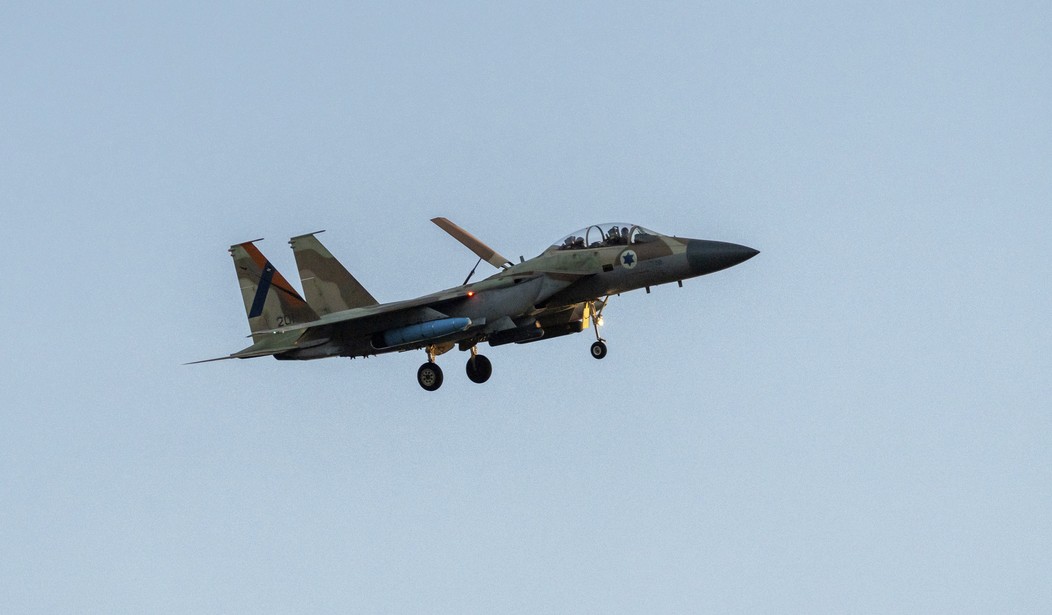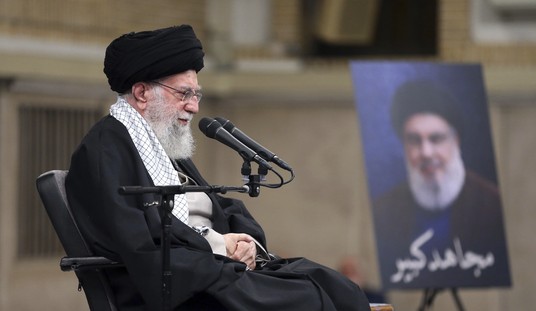Democrats are not in favor of the newest U.S. Air Force nuclear missile program and are pressing their concerns on the Pentagon.
The Air Force replaced the nuclear-armed Minuteman III intercontinental ballistic missiles (ICBMs) with the Sentinel ICBM program. Since then, the estimated cost of the Sentinel program has increased, and its finish date has been prolonged, sparking concern and frustration among Democrats, The Hill reported.
“There must be an honest evaluation of the necessity of proceeding with this program now and at what cost are willing to continue,” lawmakers said.
In January, Northrop Grumman, the contractor developing the program, exceeded its cost by 37%, triggering a Nunn-McCurdy breach. The breach notified the Pentagon, forcing the Defense Department to review whether the program was worth continuing.
Following the breach, Northrop Grumman announced the program’s estimated cost had increased, and the finish date was delayed. The Sentinel program had an estimated cost of $60 billion in 2015 but has since increased to around $130 billion. The program was also estimated to finish in 2030 but has been delayed around two years, according to The Hill.
In March, Sen. Elizabeth Warren (D-Mass.) and Rep. John Garamendi (D-Calif.) sent a letter to Kristy Jones, the assistant secretary of the Air Force for financial management and comptroller, demanding to know why the program's cost increased and why it had been delayed, according to The Hill.
Warren and Garamendi wanted an investigation into Sentinel to determine why the program's cost significantly exceeded “a certain threshold.”
A group of Democrats sent a letter to Defense Secretary Lloyd Austin on June 24, asking for a “comprehensive, thorough, and unbiased assessment” of the Sentinel program. Democrats want to know whether the program benefits the country or is just spending U.S. taxpayer money.
Recommended
“The American people have a right to know how their money is being spent and to what end, particularly for our nation’s nuclear policy,” the democrat lawmakers wrote.
Recently on Twitter, Sen. Ed Markey (D-Ma.) urged the U.S. Air Force to “declassify” the Sentinel’s Analysis of Alternatives and all nuclear modernization programs’ budgets so that there may be “transparency” on the “wasteful” program.
My colleagues and I have been calling for transparency on the wasteful Sentinel ICBM program. I welcome this development and urge @usairforce to declassify the Sentinel’s Analysis of Alternatives and conduct a declassified review of all nuclear modernization programs' budgets.
— Ed Markey (@SenMarkey) June 26, 2024
The Air Force said the rising costs are from the program's real estate development component, The Hill reported. The development includes "constructing new utility lines, support buildings, and other construction projects across nearly 40,000 square miles of land."
According to The Hill, a hearing on the Sentinel program will be held in July, co-chaired by Democratic Senators Ed Markey (D-MA) and Jeff Merkley (D-OR) and Representatives John Garamendi (D-CA) and Don Beyer (D-VA).
Supporters of the Sentinel program express the urgency of building a strong military as competition in China and Russia is increasing; therefore, they believe building a nuclear deterrence outweighs the increased cost of the program.
Air Force Secretary Frank Kendall warned that China has strengthened its military to prepare for a possible war with the U.S. Therefore, the American military needs to optimize its forces to counter this escalating threat. pic.twitter.com/MYWhKMgjF0
— Spotlight on China (@spotlightoncn) September 15, 2023
Despite concerns from Democratic lawmakers, the Air Force believes the Sentinel program is necessary. The Air Force Nuclear Weapons Center said the Department of Defense's number one "priority mission" is nuclear deterrence, and the Sentinel program is the "most cost-effective option for maintaining a safe, secure, and effective land-based leg of the nuclear triad..."

























Join the conversation as a VIP Member